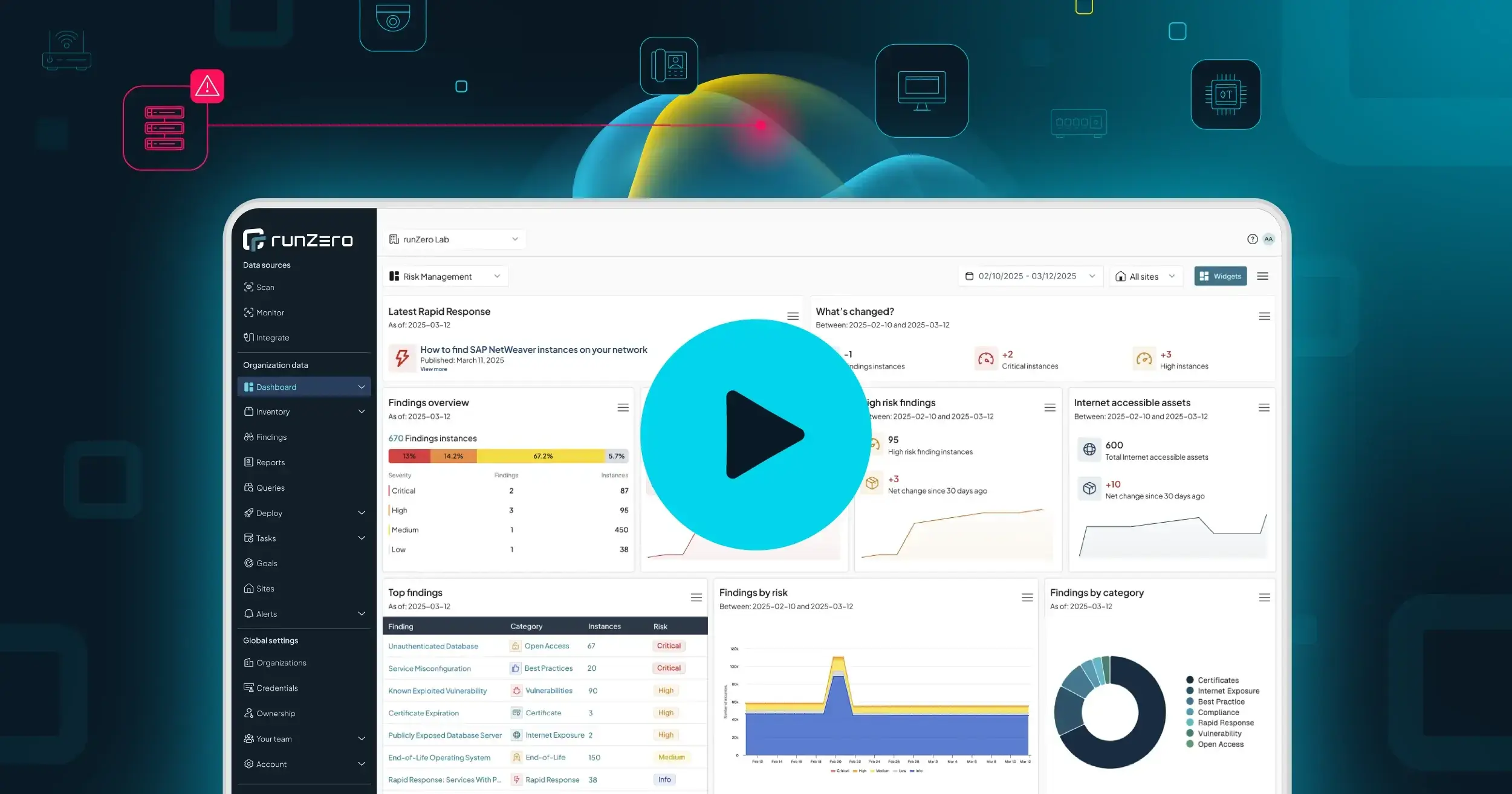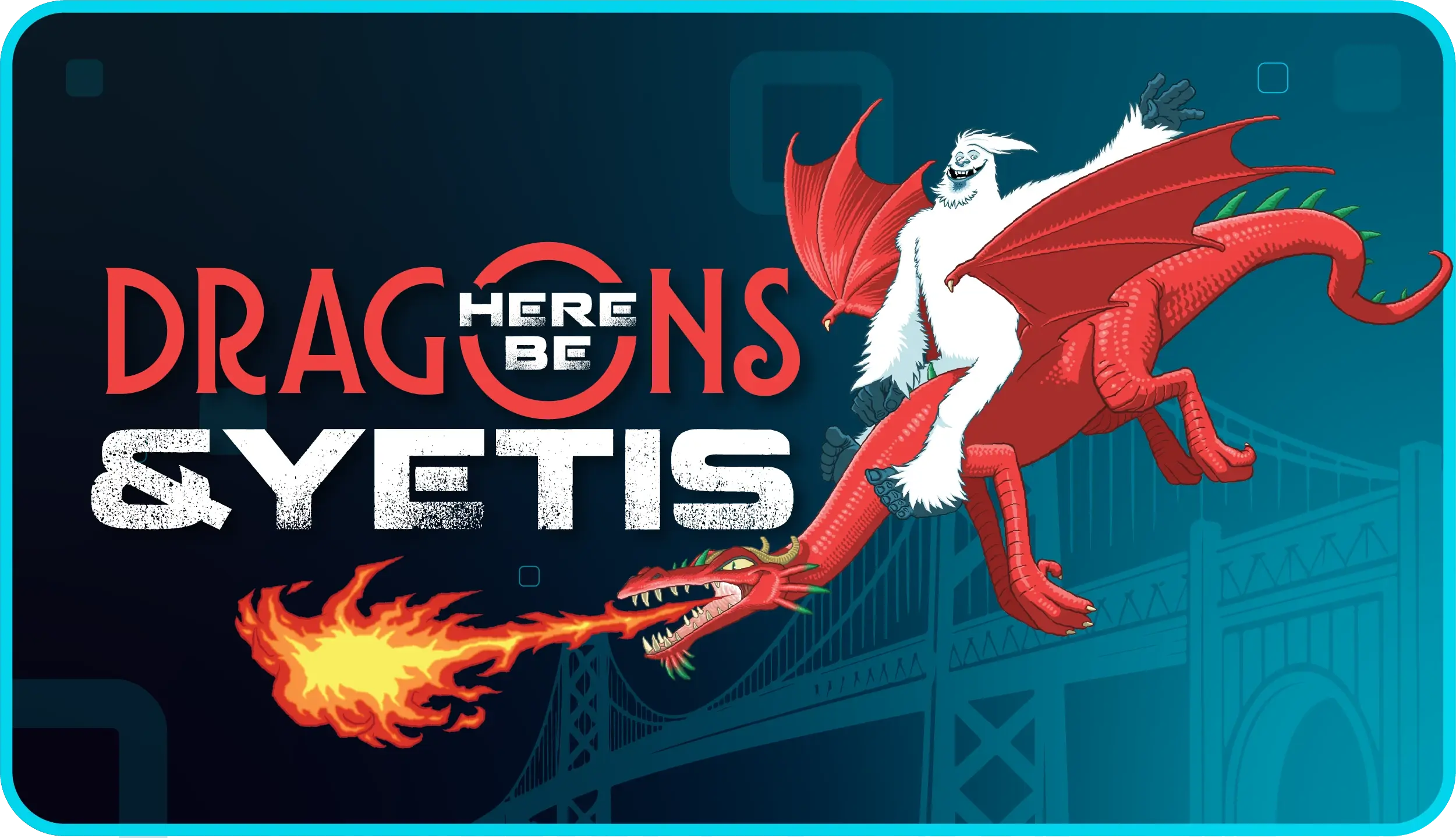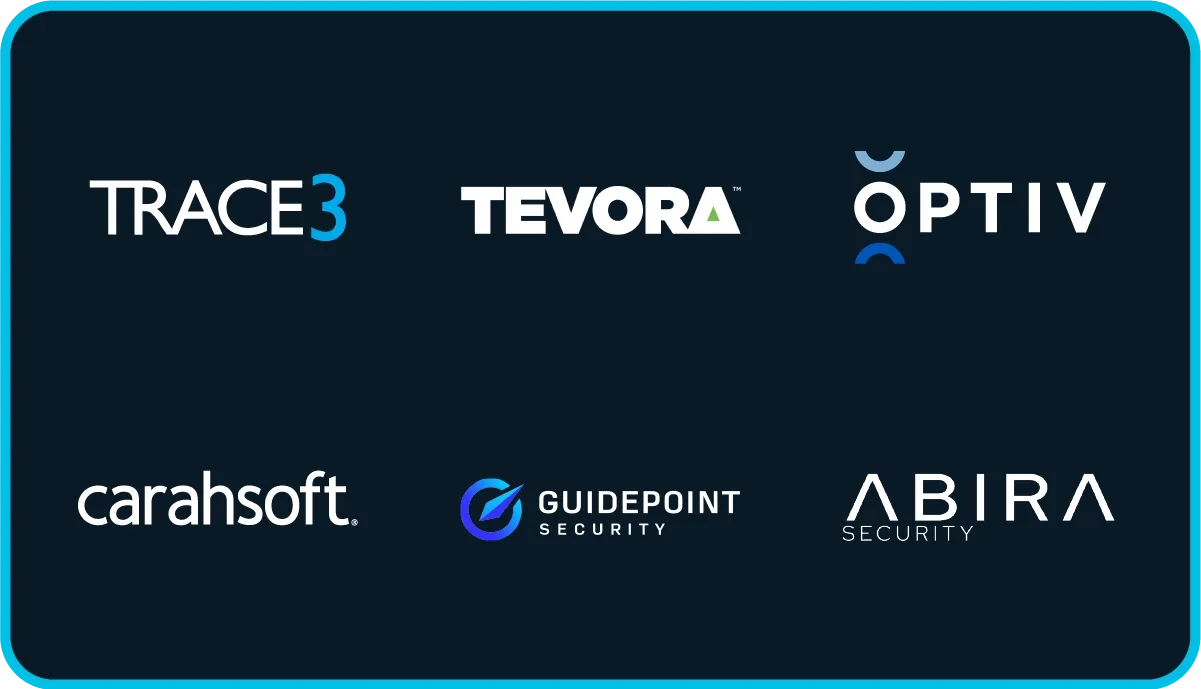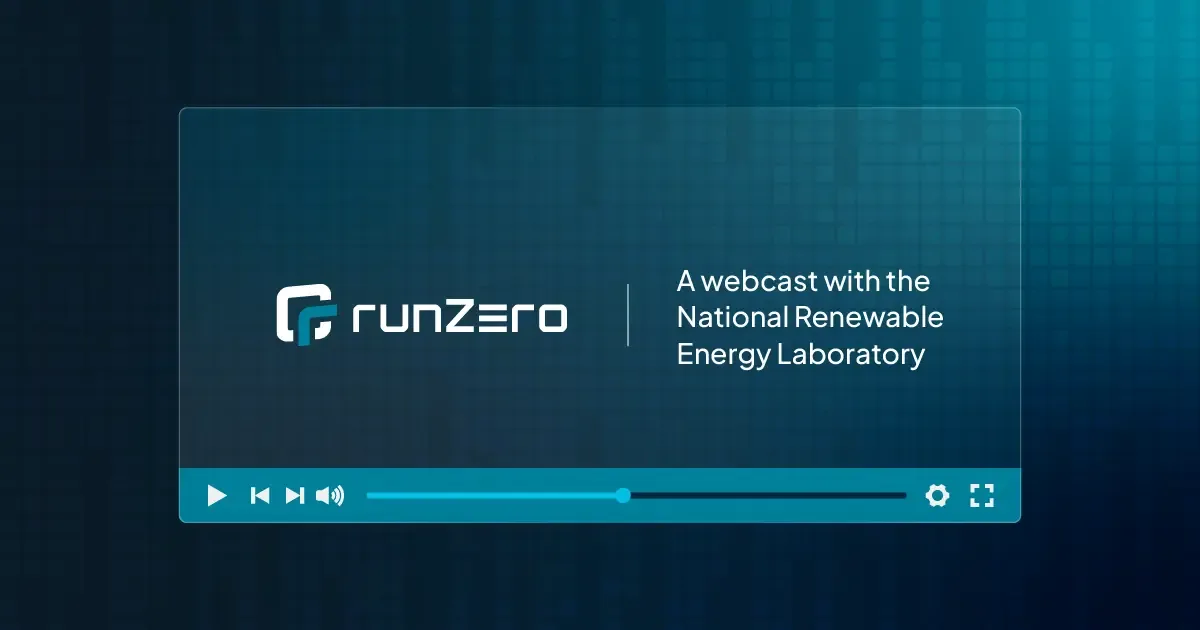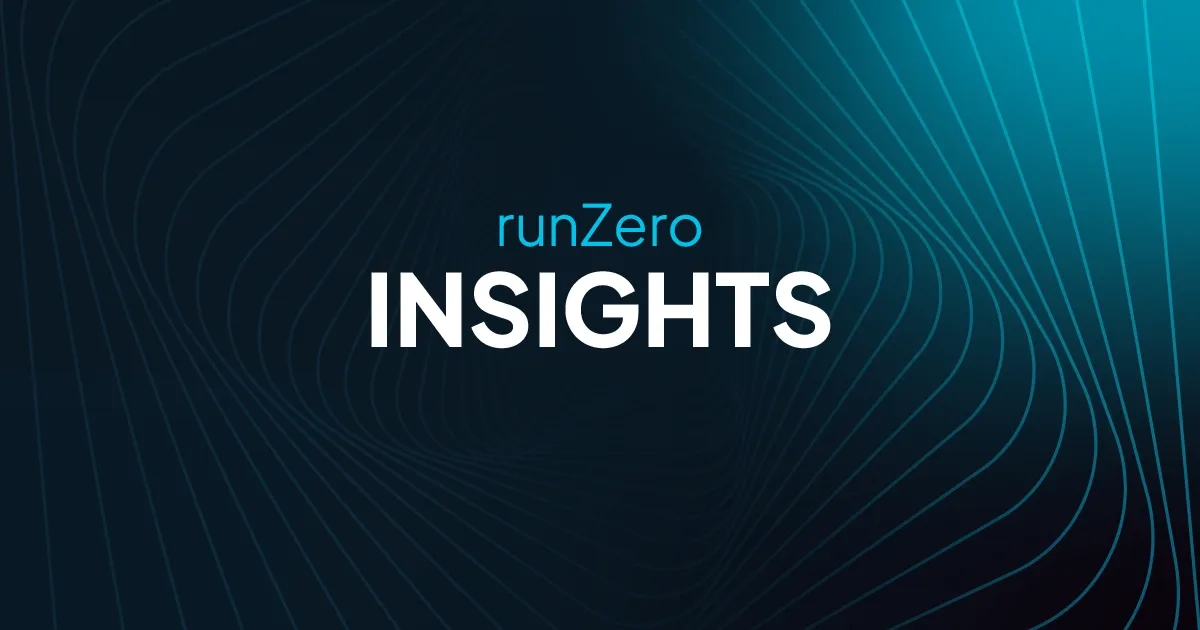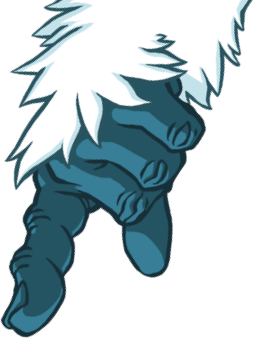Why LGBTQIA+ visibility matters #
Every pride month, I see social media postings asking why there isn't a straight month as well. I never assume these questions are asked maliciously, but come from a lack of understanding.
Mainstream gay culture has come a long way since I came out in the 90s. Today, we see gay characters on TV whose main characteristic isn't just being gay. Many people are out at their job, but it depends on their industry and location. It's even harder for teens, who are entirely dependent on their parents and their schools. Suicide rates among gay teens are some of the highest because of how they are treated and stigmatized in their communities.
"After being closeted at my first job in the mid-90s, I've been out ever since. It sucked to have to play the 'pronoun game.'"
When telling my colleagues about my weekend, I would use "them" instead of "him" when referring to my then boyfriend (now husband)–often having long conversations without disclosing his gender. I'd never mention the name of a bar or club for fear of giving away my sexual orientation. I always had to be on guard. I could never bring my true self to work. At my second job, it was easier for me to come out because I already knew a few people there privately. Since then, I haven't looked back.
Coming out wasn't only good for me, but I noticed that people around me took notice. For example, a relative, who is about 10 years younger than me, was growing up in a less than gay-friendly environment. My then boyfriend and I often took him to the park or other kid-friendly events with some of our gay friends. It normalized being gay for him as he was coming to terms with his own sexuality. It was still very hard for him, but I hope we made things at least a little bit easier.
A decade ago, a colleague pulled me aside after a company outing and came out to me as bi. He was in a straight marriage with a kid, which made it tricky. We met up for breakfast the next morning to talk things through, and I was very happy to hear that he'd already told his wife and was trying to figure things out for all of them. I don't think I played a central role in his coming out, but I hope that my being out at least helped.
When I started adding my pride flag to my Twitter and LinkedIn profiles, I wondered if I would lose customers who didn't agree with my orientation. However, I knew I didn't want to be defined by what they thought. I was surprised when several people reached out and reacted positively. One of the commenters was a future employee who was happy that they could comfortably have the conversation about adding their husband to health insurance. Another person randomly reached out and told me that they weren't out at work because they thought it would hurt their career, but he was very happy to see that being out was not a negative factor for my career.
Start the conversation #
While gays and lesbians are now much more accepted and understood by mainstream culture, there are many other groups within the LGBTQIA+ community who have not been able to make the same strides. Progress hinges on us being curious and eliminating assumptions about the people we meet. Questions that come from a good place will more likely be met with meaningful responses. If you are respectful and kind, people are usually very willing to engage in a conversation with you.
"A great way to start the conversation is: my pronouns are he/him. What are yours?"
